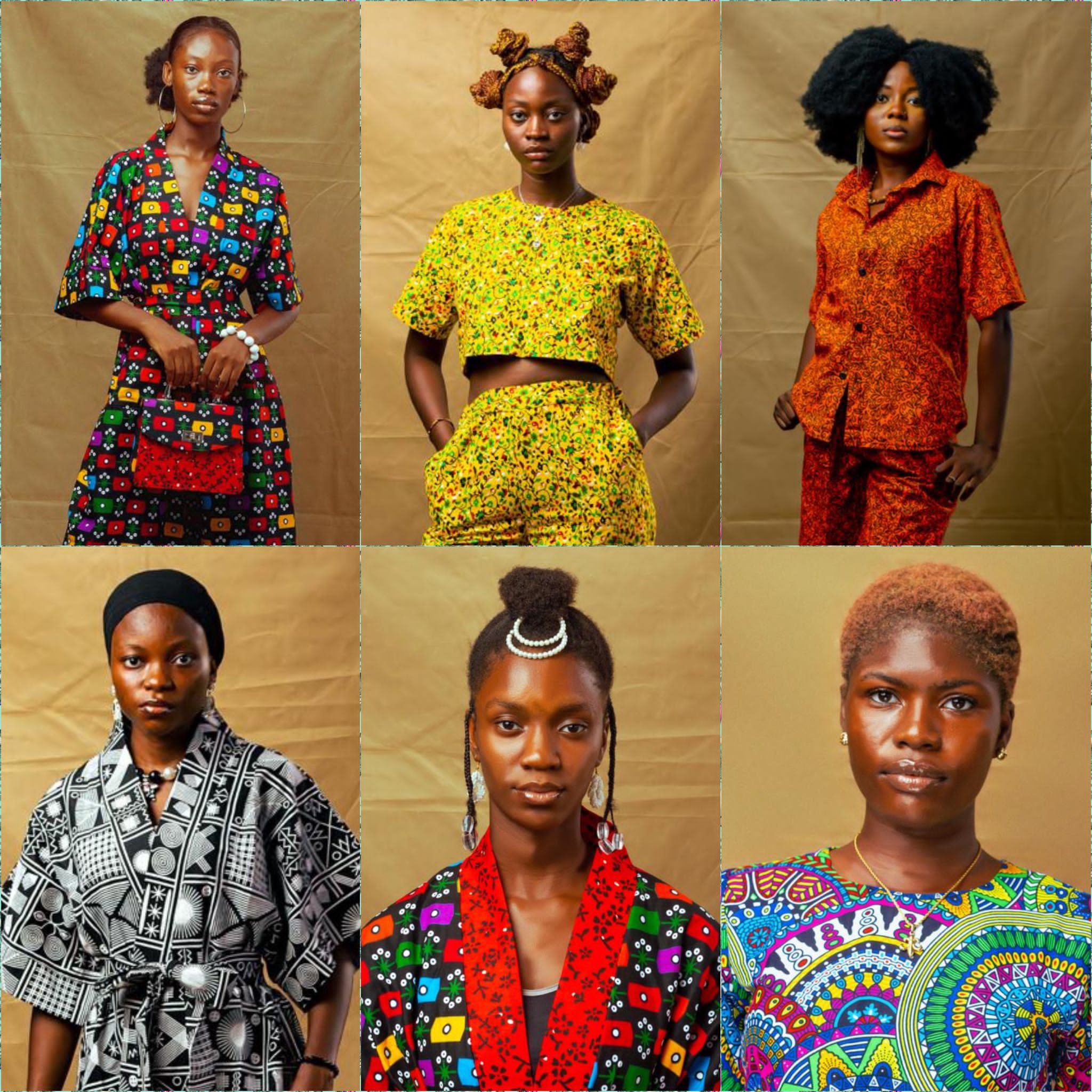In 2025, African fashion has firmly established itself on the global stage, blending rich cultural heritage with contemporary design to captivate international audiences. This renaissance is characterized by a surge in demand for African-inspired clothing, increased visibility at major fashion events, and a growing recognition of the continent's designers and artisans.
---
🌍 A Cultural and Economic Movement
The global appeal of African fashion is driven by several factors:
Diverse Aesthetics: African fashion encompasses a wide range of styles, from North Africa's flowing gallabiyas and kaftans to West Africa’s bold prints and South Africa’s intricate beadwork. This diversity offers a unique "vibe" that resonates with global audiences.
Celebrity Endorsements: High-profile figures like Lupita Nyong'o, Beyoncé, and Burna Boy have embraced African fashion, bringing it to red carpets and international stages.
Economic Growth: An expanding African middle class and increased diaspora influence have opened new markets for African fashion, both on the continent and abroad.
---
👗 Spotlight on African Designers
African designers are gaining international acclaim:
Imane Ayissi: The Cameroonian designer showcased a collection at Paris Couture Week that elegantly combined modernity with African heritage, using materials like satin and taffeta alongside traditional crafts.
Lisa Folawiyo: Known for her vibrant designs that blend traditional West African prints with contemporary styles, Folawiyo has dressed celebrities like Lupita Nyong'o and Solange Knowles.
Thebe Magugu: The South African designer continues to make waves with collections that explore themes like gender and African identity, earning accolades and international recognition.
---
🎉 African Fashion at Global Events
African fashion has made significant appearances at major events:
Met Gala 2025: African designers like Ozwald Boateng and Ugo Mozie dressed stars such as Tems and Diana Ross, bringing African fashion to one of the most prestigious fashion events.
Paris Fashion Week: African celebrities and designers showcased bold looks, highlighting the continent's rising influence on global fashion.
---
📈 Challenges and Opportunities
Despite the global recognition, African fashion faces challenges:
Accessibility: High prices and logistical barriers in production and distribution can limit access, particularly for consumers within Africa.
Investment: The industry requires adequate investment to achieve its full potential, as highlighted in UNESCO's report on the African fashion sector.
However, initiatives like UNESCO's partnerships aim to empower the African fashion sector, fostering growth and sustainability.
---
As African fashion continues to captivate global audiences, it not only showcases the continent's creativity but also contributes to cultural exchange and economic development.
Cart
Theme
African Fashion Gains Global Prominence.
Author:
EIIGHANA AFRICA BROADCASTING NETWORK
Last updated:
Wednesday 4 June 2025

African Fashion Gains Global Prominence.
Related Stories
Entertainment News
Mawuko Kuadzi Appointed to Uganda Film Festival Jury.
Tyla Joins Rihanna and Cardi B on 'Smurfs' Soundtrack.
Ghanaian Music Star Gyakie Recognized in Forbes Africa's 30 Under 30 Class of 2025.
Burna Boy and Dave's 'Cheat on Me' Earns Silver Certification in the UK.
EIIGHANA African Spotlight: Agyeiwaa's "Fall Apart 2"—A Soulful Sequel Redefining Afrobeat .
Nollywood Embraces Digital Transformation: Actors Guild of Nigeria Launches Mobile App to Modernize Operations.
Runtown Drops "SOUNDGOD FEST IV.
Nigerian DJs Face Legal Action Over Unlicensed Music Use, Warns NCC .
Kizz Daniel Announces Hiatus from Music to Focus on Family.
Adekunle Gold Makes History at London Jazz Festival.
Agyeiwaa Returns With Powerful Sequel "Fall Apart 2" Featuring Beeztrap KOTM.
MUSIGA and Copyright Office Collaborate to Address Music Industry Challenges.
Olivetheboy Surpasses 100 Million Streams on Audiomack.
Black Sherif's 'Iron Boy' Achieves International Success.
Gyakie's 'Sankofa' Makes Billboard Debut.
🎶☀️ EUK RADIO SUMMER TIME VIBES – JUNE 21 TO SEPT 22 ☀️🎶.
Load More
Login
Register
Access
Recover Account
Step 1